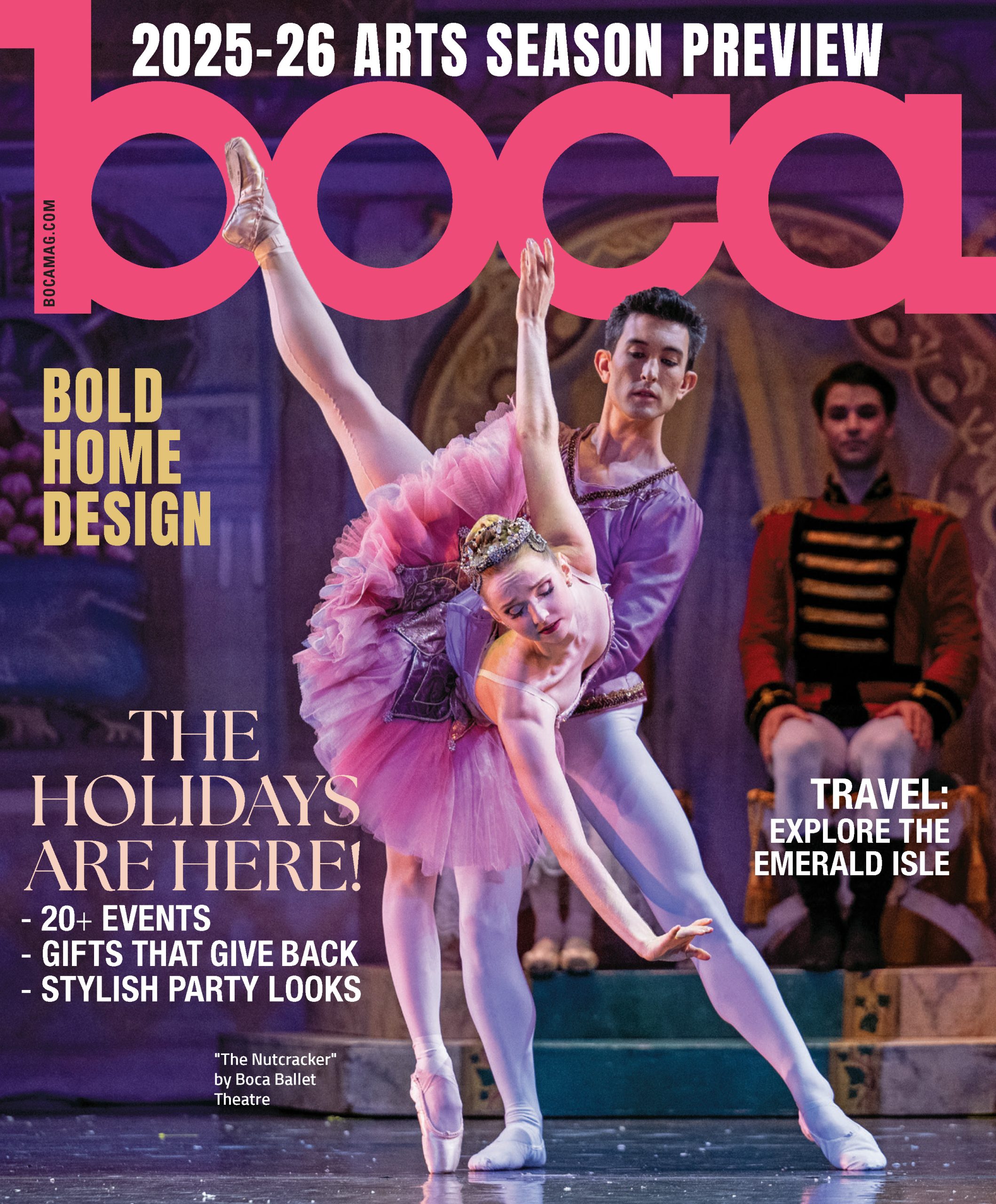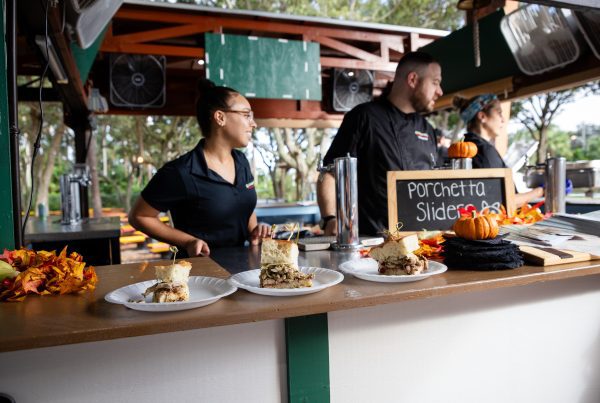Comic book writer Jamila Rowser’s culturally specific slices of life
In writer Jamila Rowser’s debut comic book, “Wash Day,” there are no superheroes, no zombies, no apocalyptic narratives. It’s about Kimana, a 26-year-old black woman from the Bronx, her roommate and her hair.
Not much happens in the 35 black-and-white pages—Kimana wakes up, washes and dries and curls her proud, enormous ‘do, buys some milk, smokes some weed with her roommate, and avoids beseeching texts from an errant boyfriend—and yet it feels monumental, even joyous. Its novelty lies in its very ordinariness.
“When I’d read these stories, I wanted to see myself in more of them,” says Rowser, 31, of her entrée into comics. “In western comics, a lot of the times we’re tokenized, or we’re a background character with no substance. So I wanted to write stories that I cared about and that I thought my friends would care about.
“Hair is one of the most contested parts of our body,” she adds. “There’s so much going against our hair and how we care for it and how we wear it, and I wanted to have a comic to celebrate the endurance that, in spite of everything we go through, we decide to put so much time into this. I wanted something for us that’s positive.”
Without any connections to the big comic book publishers, Rowser funded “Wash Day” on Kickstarter last year with an initial goal of $5,000, to cover printing, packaging and shipping. She met the goal within 48 hours; by the time the drive ended, 720 backers pledged more than $16,000, which compensated a paycheck for her graphic artist Robyn Smith, and a Spanish-language translation.
“I did not think it was going to do so well,” Rowser says. “I thought it was too niche of a topic. But then I think that’s what helps people catch on. A lot of people who don’t typically read comics could relate to [it].”

Rowser herself arrived at comic-book fandom later than many in her generation. Her mother served in the Air Force, and she grew up in Holland, Germany, Hawaii, California and New York, moving every three to four years. Access to comic books wasn’t always easy; it wasn’t until she settled in New York City for college that she discovered comics like “Sandman,” “Transmetropolitan” and “The Invisibles,” adult series from DC’s “Vertigo imprint,” which would lay the bedrock for her future writing.
Three years ago, after graduating from the New York Institute of Technology with a degree in Communication, Roswer moved to Boca Raton to be near her mom. She found a job running social media for a health care corporation, and after-hours her creativity flourished: 2018 saw the release of not only Wash Day but her tonally opposite follow-up, the sci-fi comic “Wobbledy 3000,” a colorful extraterrestrial comedy whose protagonist, LaToya, realizes that twerking at her favorite interstellar nightclub isn’t as easy as it looks.
“I wanted to de-sexualize twerking and show the funny side of it,” she says. “It’s actually really hard. It’s exercise, and your thighs get sore, and you get really tired, even though the song is halfway done. I wanted to have a short comic that highlighted this moment that a lot of folks go through when they’re trying to twerk through a song but they’re not fit enough to do so.”
Rowser continues to showcase her versatility as an artist; her next comic, which is still gestating at the time of this writing, deals with depression and black identity in America.
“I feel like the stories I want to create are all very different, but they’re related to things I’ve experienced as a woman of color,” she says. “They’re connected in that sense. I want to be able to have a comic collection that there’s something for everybody there. That’s where I’m headed.”
This story is from our March/April 2019 issue of Boca magazine. For more content like this, subscribe to the magazine.







